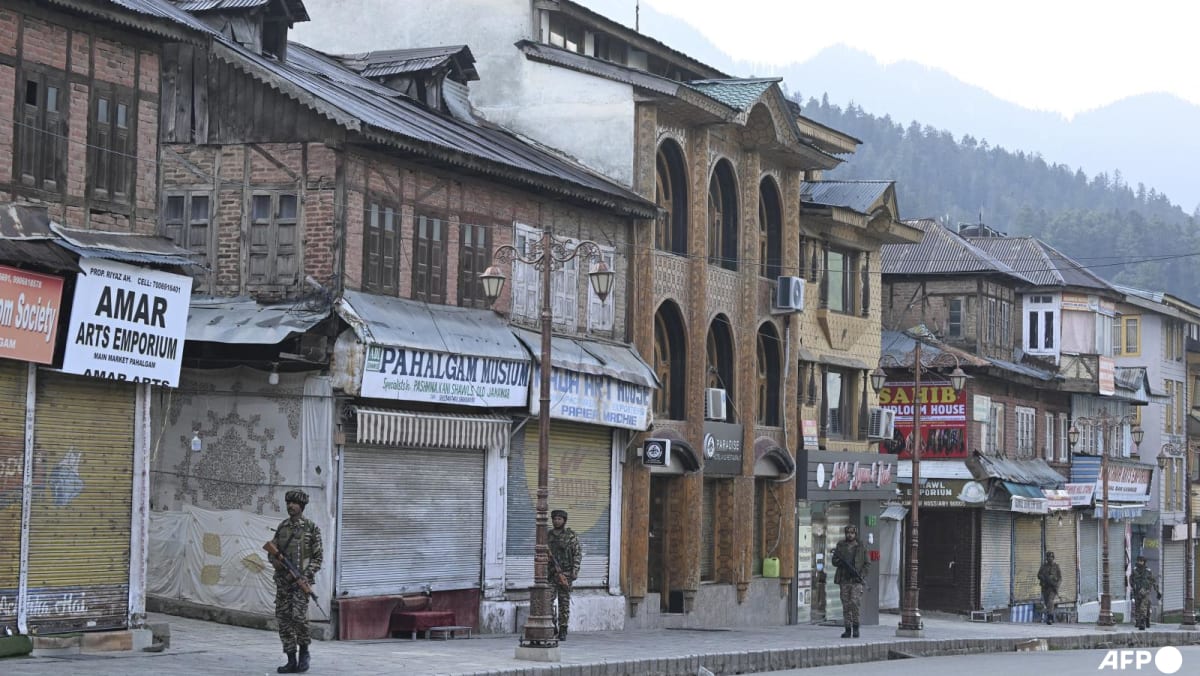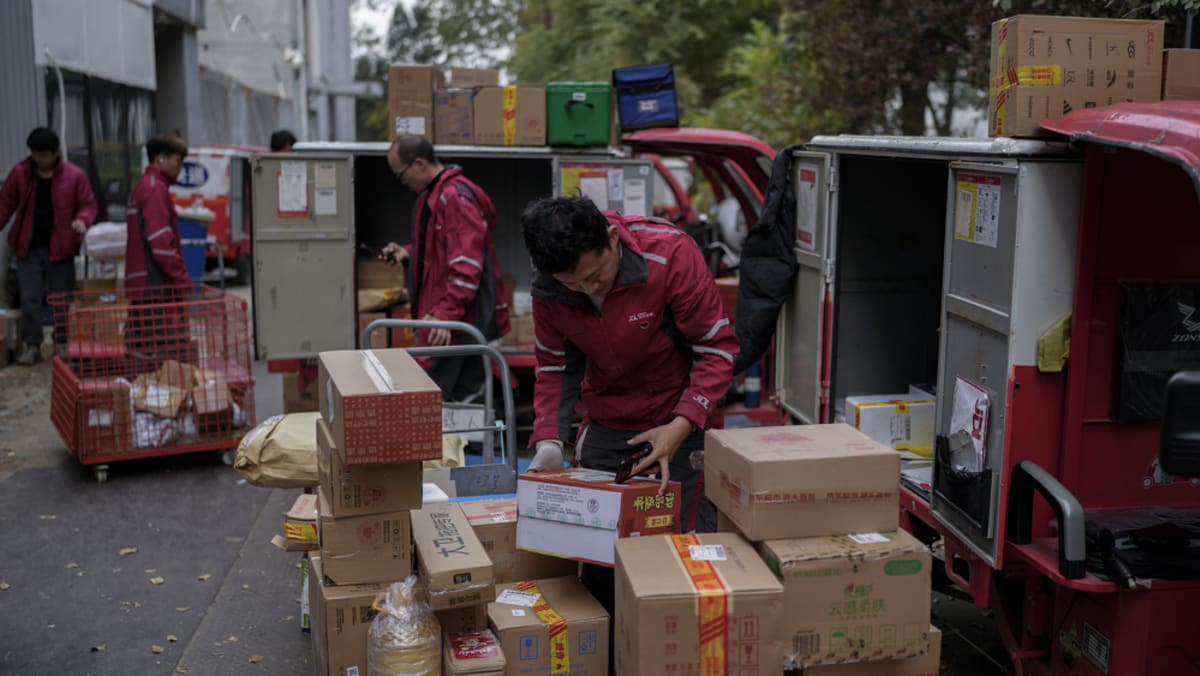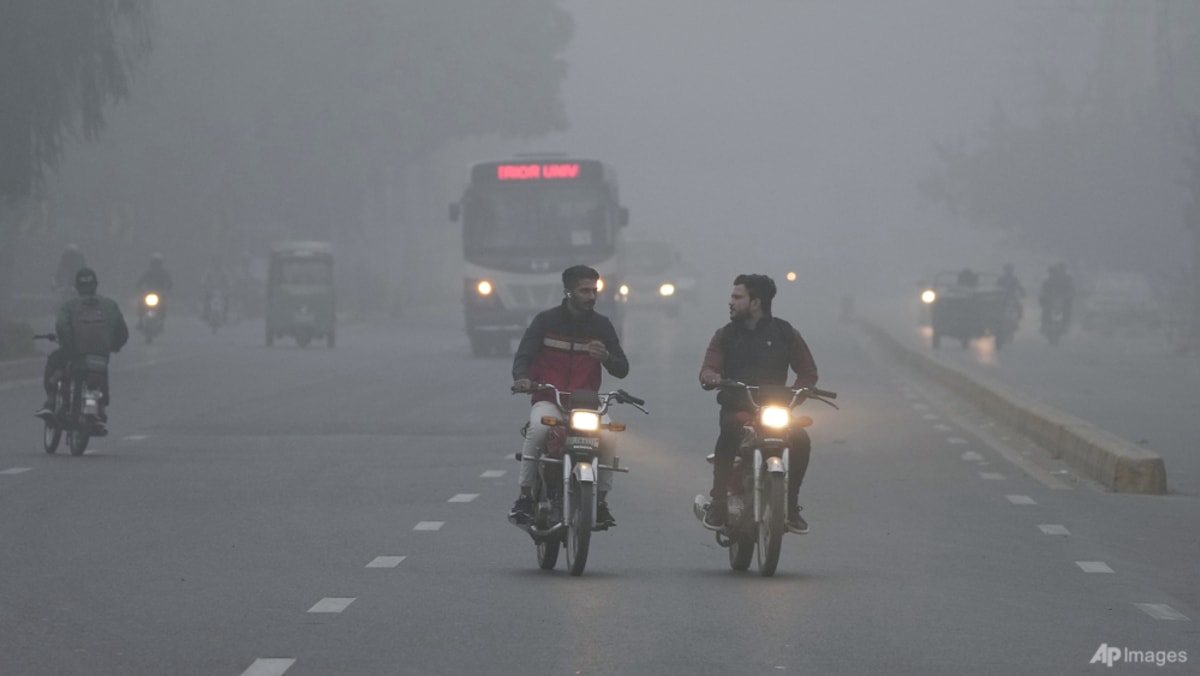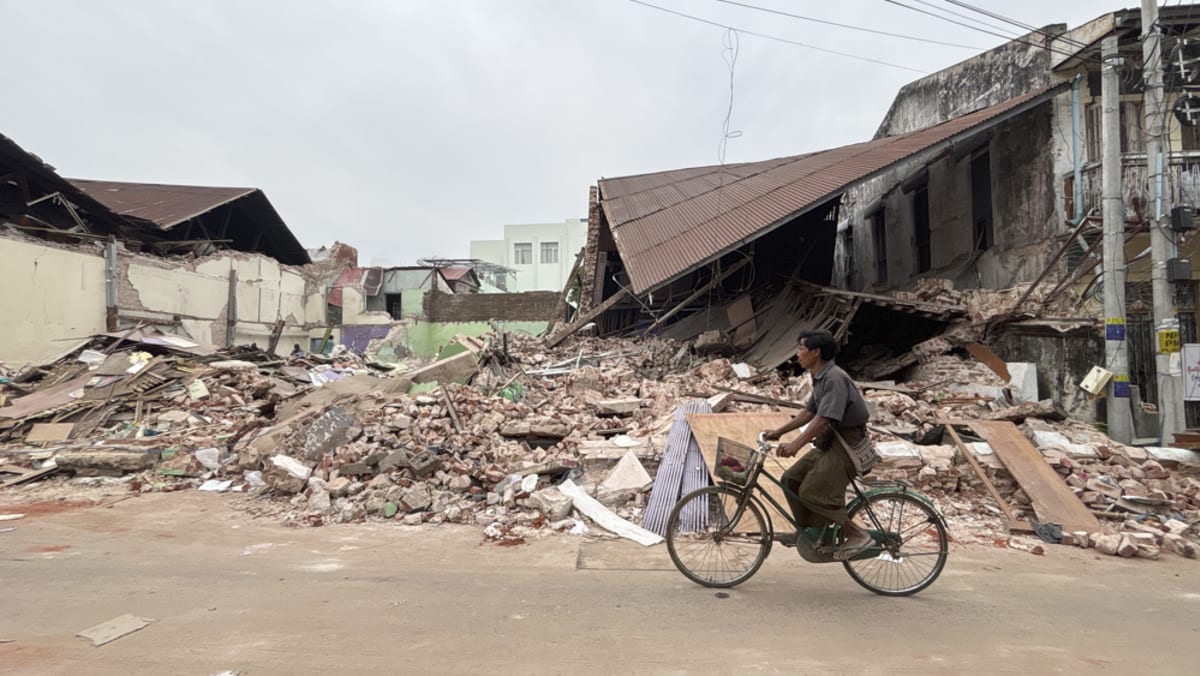India reveals more toxic syrups months after poisoning deaths
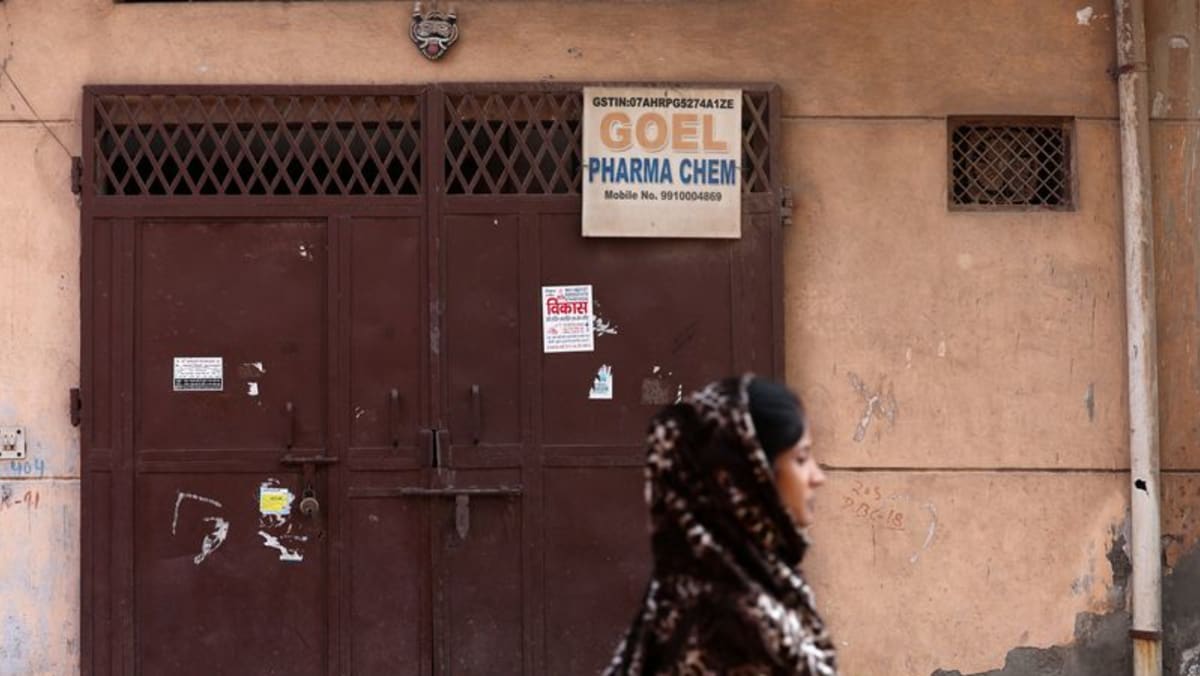
NEW DELHI: India’s drug regulator has found that a cough syrup and an anti-allergy syrup made by Norris Medicines are toxic, according to a government report, months after Indian-made cough syrups were linked to 141 children’s deaths worldwide.
The medicines were contaminated either with diethylene glycol (DEG) or ethylene glycol (EG), the same contaminants found in the cough syrups that caused the deaths in Gambia, Uzbekistan and Cameroon since the middle of last year.
HG Koshia, commissioner of Gujarat state’s Food and Drug Control Administration, told Reuters on Wednesday that they inspected Norris’s factory last month and ordered it to suspend production.
“The company failed miserably on compliance parameters of good manufacturing practices,” Koshia said. “Adequate water system was not there. The air-handling unit was also not up to the mark. In the larger interest of public health, we ordered the unit to stop production.”
Norris did not respond to an email seeking comment. Its office numbers were not in service when Reuters called.
The federal drug regulator, Central Drugs Standard Control Organisation (CDSCO), also found three batches of COLD OUT syrup made by Fourrts (India) Laboratories contaminated with DEG and EG, according to its list of “not of standard quality/spurious/adulterated/misbranded” drugs for August uploaded on its website.
The World Health Organisation said in August that a batch of COLD OUT sold in Iraq had unacceptable levels of DEG and EG.
Fourrts Chairman SV Veeramani did not respond to a request for comment.
Veeramani, who is the chairman of the government-backed Pharmaceuticals Export Promotion Council of India, told Reuters in August that a recent “analysis of retention samples” of COLD OUT showed there was “no contamination or toxins”.
“There is no report of any adverse effect or death due to the product,” he said in a WhatsApp message. “As a matter of abundant caution, we have voluntarily recalled the product in Iraq market.”
Source: CNA







